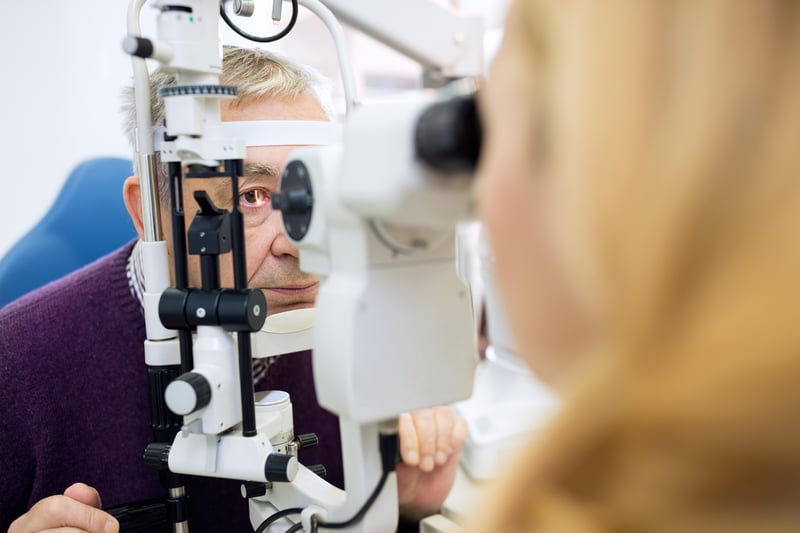(330) 876-1228
8507 Main StreetKinsman, OH 44428
(330) 876-1229

Nerve damage is a common side effect of type 2 diabetes and it might start in the eyes long before the condition is ever diagnosed, new research suggests.
In this study, scientists used neuropathy, or nerve damage, in the eye's cornea as a proxy for the damage to nerves throughout the body.
The study included nearly 3,500 people -- 21% with type 2 diabetes, 15% with prediabetes and 64% with neither condition -- and the investigators looked at the corneal nerves in all three groups.
The researchers found that the amount of damage to the corneal nerves rose in tandem with the amount of impairment to glucose metabolism.
People with prediabetes had corneal nerve damage that was 8% higher than those with no diabetes. Meanwhile, those with diabetes had corneal nerve damage that was 8% higher than those with prediabetes and 14% higher than those with neither condition, the findings showed.
Nerve damage also rose with higher blood sugar levels and with the length of time a person had diabetes. That included higher HbA1c levels (the average blood sugar level over several months), and blood sugar levels two hours after a meal.
"We know from other studies that it typically takes three to five years to progress from prediabetes to type 2 diabetes. Our results, from the first study of its kind, suggest that high levels of blood sugar can begin to damage corneal nerves long before type 2 diabetes develops,"said Dr. Sara Mokhtar, of the department of internal medicine at Maastricht University Medical Center+, in the Netherlands.
"Nerve damage in the cornea is relatively easy to measure and provides a window to nerve damage elsewhere in the body. If we could pick up nerve damage early on, we might be able to delay or prevent it and the problems it causes, and so significantly improve quality of life,"Mokhtar said.
While neuropathy can cause everything from dry eye to vision loss in the eyes, it can also cause pain and numbness in the legs, feet and hands. Diabetes can also trigger muscle and organ problems.
The findings were presented this week at the European Association for the Study of Diabetes annual meeting, in Stockholm. Findings presented at medical meetings are considered preliminary until published in a peer-reviewed journal.
More research will be needed to prove that the higher glucose level is the cause of the damage and whether early blood sugar control may delay or prevent it, Mokhtar added in a meeting news release.
More information
The American Diabetes Association has more on neuropathy.
SOURCE: European Association for the Study of Diabetes, news release, Sept. 21, 2022
